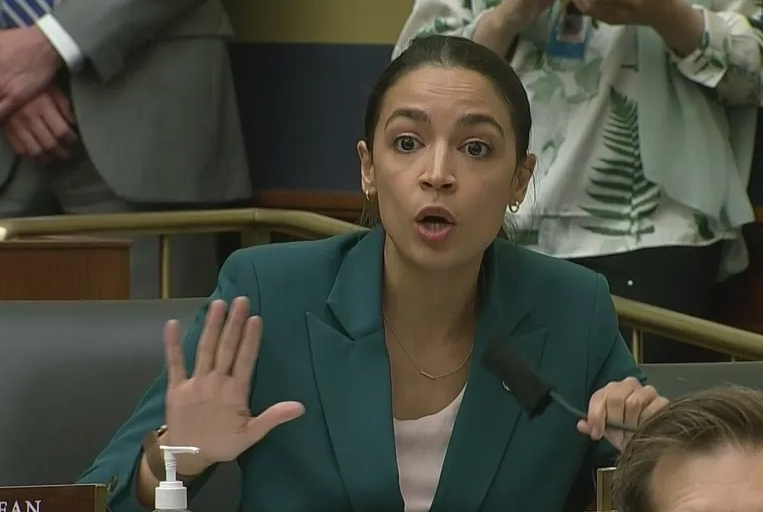John McMillan writes for City Journal about academic historians’ disinterest in a key piece of 20th-century American life.
In Bonfire of the Vanities, Tom Wolfe’s shimmering portrait of 1980s New York, Sherman McCoy’s father offers his son the following advice: if you want to live in the city, “you’ve got to insulate, insulate, insulate” yourself from crime and disorder. “The cynicism and smugness of the idea struck Sherman as very au courant,” Wolfe writes. “If you could go breezing down the FDR Drive in a taxi, then why file into the trenches of the urban wars?”
Academics are hardly less self-interested than Wall Street bond traders like the fictional McCoy. Indeed, scholars who hope to thrive in the American historical profession should “insulate, insulate, insulate” themselves from unfashionable topics—especially the crime crisis that plagued American cities in the last third of the twentieth century. If you can earn honors and accolades by condemning the carceral state and “warrior policing,” why venture into the vexing subjects of predatory crime or the crime-control strategies of the police?
Problem is, from the 1960s to the 1990s, urban crime was among the most significant domestic issues in the United States. It was an urgent matter of national concern, contributing to the changing complexion of our cities and to a political realignment that shapes our politics today. Yet scholars of recent U.S. history tend to downplay crime, either by minimizing its significance or by overzealously criticizing cops and the courts.
The reason for this is obvious, though rarely expressed. Left-wing intellectuals do not want us thinking too much about urban crime. When crime throws American cities into disarray—as has happened before and in some places is happening now—it is a bad look for the Left. …
… If you are reading this and struggling to understand how someone could write a scholarly bestseller about police, courts, and prisons, without also discussing violent crime, I have bad news for you: The New Jim Crow is no outlier. Elizabeth Hinton, a Yale historian and the author of From the War on Poverty to the War on Crime, discusses the expansion of America’s carceral state but mentions criminals only in passing.


